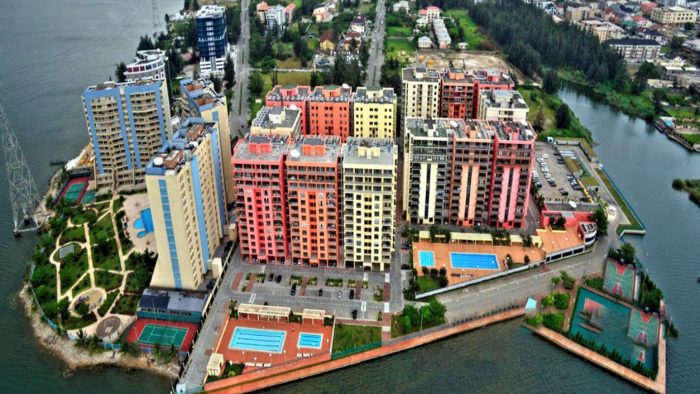The Nigerian real estate market is experiencing notable growth in luxury properties, driven by diaspora investors and affluent buyers.
According to Statista, gated communities and luxury estates in major cities are gaining popularity among Nigeria’s growing middle class.
These upscale developments offer extensive spaces, premium finishes, smart home systems, and high-end facilities, including gyms and swimming pools.
Despite their high costs, these properties attract high-net-worth individuals due to strategic locations and comprehensive modern amenities.
Research by Estate Intel reveals 753 apartments priced at $1 million each are under construction in Lagos alone.
Luxury hotspots like Eko-Atlantic City, Banana Island, and Victoria Island continue to see rising demand and improving occupancy rates.

In Abuja, areas such as Asokoro, Maitama, and Guzape provide exclusive, ultra-luxury apartments close to the city center.
Rental prices for luxury two-bedroom apartments can reach N18 million, while penthouses sell for up to N650 million.
Chief Executive of NorthCourt Real Estate, Ayo Ibaru, noted that despite high-interest rates, luxury home sales remained strong in 2024.
Ibaru predicts this market momentum will continue into 2025 as developers stay committed to meeting demand.
Kazeem Owolabi of REFin Homes added that top professionals, especially from the medical field, remain key luxury market buyers.
Owolabi stressed the need for luxury homes to meet modern standards, including energy efficiency and sustainable building practices.
He expressed optimism, citing Nigeria’s economic improvements, OPEC quota achievements, and Dangote’s competitive fuel pricing impacts.
UNILAG Professor Austin Otegbulu noted that although luxury demand lags behind medium-range apartments, rental rates have nearly doubled.
Otegbulu highlighted challenges such as high construction costs, funding issues, and increased vacancies due to multinational company exits.
He observed that short-let conversions are becoming common as landlords seek higher returns from luxury properties.
Otegbulu warned that landlords should conduct thorough screenings, noting some renters may pay upfront but default later.
The outlook for Nigeria’s luxury real estate remains positive, with growth projections estimating a $4 trillion market by 2029.




